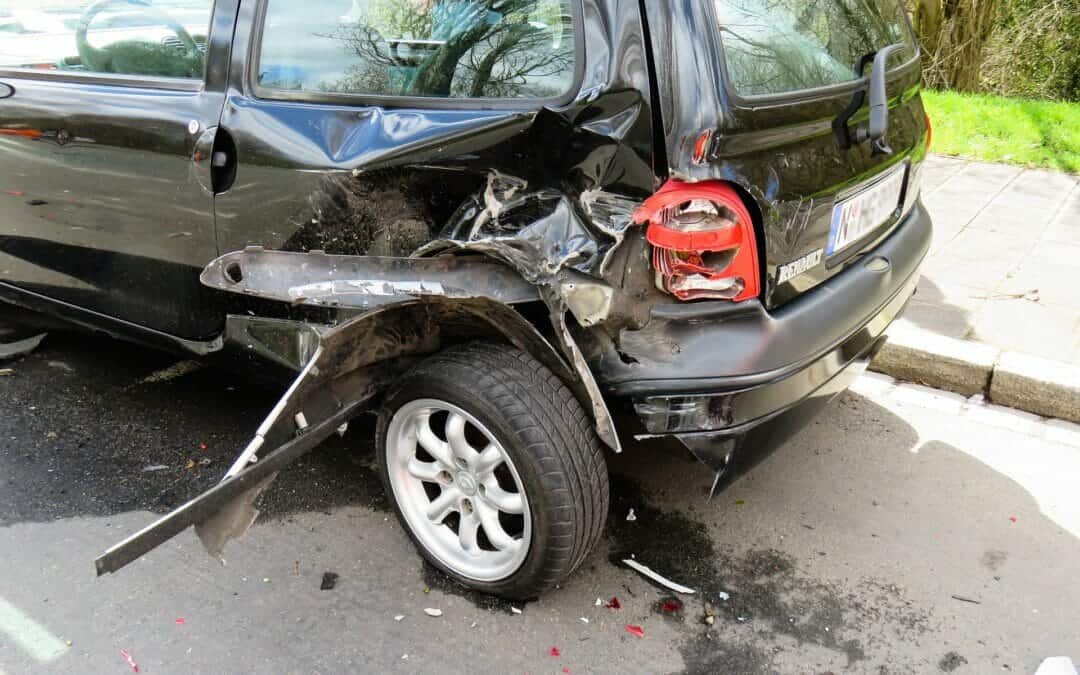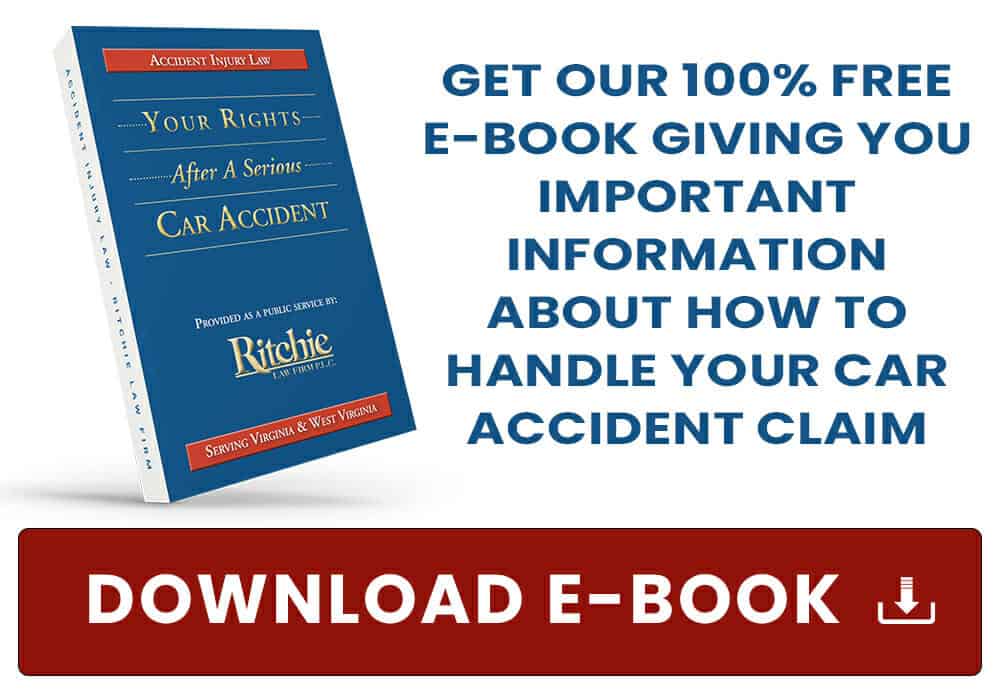How to Get Your Auto Property Damage Paid After An Accident?
If your car was damaged in an automobile accident, you may be concerned about how you will get your car fixed and get the property damage paid by the insurance company. If the collision was not your fault, usually the insurance company insuring the person who caused the accident will cover the damages. But, how does that process work? Is this something you can handle on your own or do you need a lawyer to work out the details?
How to Get Your Property Damage Paid?
After a car has been damaged in a collision, an insurance company will usually assign an adjuster to handle the property damage claim. When you contact your insurance company, they will ask you the specifics of the collision (such as whether the accident was a rear-end collision, etc.), assign a claim number, and may give you the contact information for the adjuster assigned to the claim. If adjuster information is not provided at the time of your initial call to the insurance company, you may receive that information several days later.
What Will the Property Damage Adjuster Do?
The property damage adjuster will inspect the vehicle and take photographs to determine the cost of the repair to the vehicle. The adjuster’s estimate will be used to evaluate the mechanic’s assessment and estimate of repairs. When working with the property damage adjuster, you SHOULD NOT:
- sign any form of agreement presented by the adjuster to pay what the insurance company deems fair.
- feel pressured to accept the adjuster’s estimate when it is not sufficient to cover all necessary repairs. An agreement to proceed with a certain mechanic and their suggested repairs is usually made after an estimate is completed and compared to the adjuster’s estimate.
What is My Responsibility in Getting My Property Damage Paid?
Vehicle owners are responsible for obtaining an estimate for repairs. But, more than one estimate is not required. Often, when more than one estimate is obtained, the insurance company will then choose to cover the lowest estimate.
An insurance company will often claim that higher repair estimates or the use of genuine parts may actually enhance the value of the damaged vehicle. This is known as “betterment.” Insurance companies often claim “betterment” and their resulting estimates represent lower repair bids or call for refurbished parts.
The Cost of Property Damage is More Than My Car is Worth
If the cost to repair the vehicle is more than the total value, the car will be declared a total loss. The insurance company will decide whether to declare the vehicle a loss or to agree to pay for repairs. Vehicle owners can use books such as the Kelley Blue Book or the NADA to determine the value.
Sometimes, vehicle owners argue that certain parts of their vehicle make the vehicle more valuable than the Blue Book value. When this happens, the vehicle owner must submit several forms of proof of higher value which may include service history and mechanic affidavits to show added value and mileage records. Va. Code § 8.01-416 governs the use of affidavits in property damage cases.
Getting a Rental Car
If you were not at fault in the accident, you are entitled to the use of a rental car. If your vehicle is determined to be a total loss or while your vehicle is being repaired, you are entitled to a rental car while your vehicle is being repaired or for a period of time to allow you to purchase another vehicle.
Rental Car Laws
In Virginia, Va. Code § 8.01-66 requires that insurance companies provide rental cars during the repair or shopping period. If the insurance company fails to authorize a rental car, a court action can force the company to pay $500.00 or double the amount of the rental cost the car owner is entitled to recover, whichever amount is greater. The damaged vehicle statutes state:
A. Whenever any person is entitled to recover for damage to or destruction of a motor vehicle, he shall, in addition to any other damages to which he may be legally entitled, be entitled to recover the reasonable cost which was actually incurred in hiring a comparable substitute vehicle for the period of time during which such person is deprived of the use of his motor vehicle. However, such rental period shall not exceed a reasonable period of time for such repairs to be made or if the original vehicle is a total loss, a reasonable time to purchase a new vehicle. Nothing herein contained shall relieve the claimant of the duty to mitigate damages.
B. Whenever any insurance company licensed in this Commonwealth to write insurance as defined in §38.2-124 or any self-insured company refuses or fails to provide a comparable temporary substitute vehicle to any person entitled to recover the actual cost of hiring a substitute vehicle as set forth in subsection A, and if the trial judge of a court of proper jurisdiction subsequently finds that such refusal or failure was not made in good faith, such company shall be liable to that person in the amount of $500 or double the amount of the rental cost he is entitled to recover under subsection A, whichever amount is greater. If the trial court finds that an action brought against an insurance company or any self-insured company under subsection B is frivolous, or not to have been brought in good faith, the court may in its discretion require the plaintiff to pay the reasonable attorney’s fees, not to exceed $350, incurred by the defendant in defending the action. This section shall in no way preclude any party from seeking such additional common law remedies as might otherwise be available.
My Car Is Totaled and It’s Worth Less Than I Owe
So what happens if your car is totaled and is worth less than what you owe? One optional add-on insurance product which is often helpful in situations such as this is GAP insurance. GAP, or “Guaranteed Auto Protection” insurance, is coverage that can help cover the “gap” between the amount owed and the car’s actual cash value (ACV) in the event of an accident. A car’s actual cash value is the car’s monetary value at the time of the accident, not the car’s original price. Gap insurance only covers damage to the vehicle and not other property or bodily injuries resulting from an accident. Gap insurance does not cover deductible costs or engine failure.
Ritchie Law Firm — Experienced Personal Injury Lawyers
The Ritchie Law Firm has successfully served personal injury victims for nearly a half-century. We handle property damage claims for our injury clients. To best serve our clients, we have offices in 5 locations: Harrisonburg, Winchester, Staunton, and Charlottesville in Virginia as well as Martinsburg, WV.
When your health and family are on the line, we go into BATTLE for you!!
The Ritchie Law Firm only represents victims of all types of personal injuries, and we’ve done that for nearly half a century. We don’t represent insurance companies. You can talk to us for free. We work on a contingency fee, which means there’s no fee unless we win your case.


